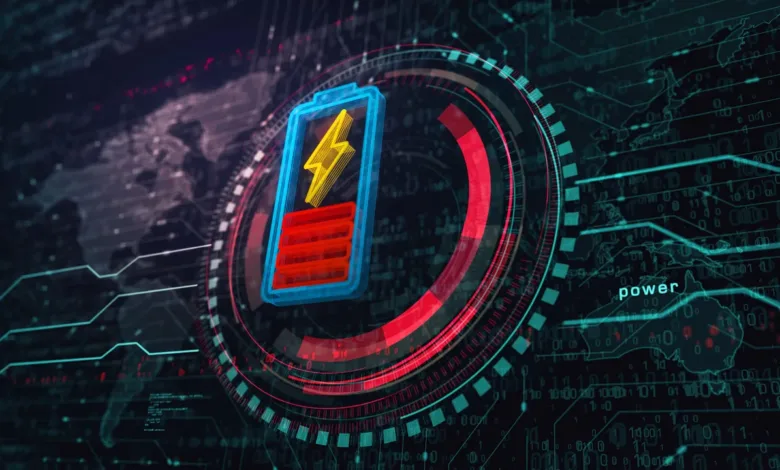AI’s Growth Tests Data Center Sustainability, Says GlobalData

▼ Summary
– Data centers are expanding rapidly due to AI workloads and sustainability demands, with innovation in energy efficiency becoming critical.
– AI workloads are pushing data center capacity limits, requiring high-performance computing infrastructure and specialized chips for AI training.
– Major tech companies like Microsoft, Alphabet, Amazon, and Meta are driving unprecedented investment, with combined capex potentially exceeding $360 billion in 2025 for AI infrastructure.
– Data centers face significant sustainability challenges, with electricity consumption projected to more than double to 945 TWh by 2030 and water usage being a key environmental concern.
– Tech giants are increasingly adopting low-carbon energy solutions and innovative cooling technologies, such as liquid cooling, to address growing power demands and environmental impacts.
The rapid expansion of data centers is being fueled by the dual demands of artificial intelligence workloads and the urgent need for sustainable operations. As AI drives unprecedented growth in capacity and infrastructure investment, operators are grappling with significant environmental challenges, including soaring electricity use, intensive cooling requirements, and substantial water consumption. This makes advancements in energy efficiency and green technology more vital than ever.
A recent strategic intelligence report highlights that AI workloads are stretching data center capabilities to their limits, with the bulk of AI training taking place in large-scale facilities. Data centers deliver the stability and computational power necessary for businesses to run critical applications, store essential data, and provide online services. Their role has become so fundamental that they are now widely regarded as a critical utility for modern society.
Investment in data center infrastructure has reached historic levels. Four of the biggest tech firms, Microsoft, Alphabet, Amazon, and Meta, collectively reported capital expenditures of $245 billion in 2024. Projections indicate this figure could climb beyond $360 billion in 2025, with AI-related investments being the primary driver. An industry analyst notes that these companies are competing aggressively to construct massive data centers and equip them with specialized chips, all in a bid to secure leadership in the AI field.
AI training relies heavily on high-performance computing infrastructure, which includes specialized processors, large memory capacity, and sophisticated cooling systems. This dependency makes modern data centers indispensable to the progress of artificial intelligence. However, their enormous electricity demand presents a major sustainability hurdle. According to the International Energy Agency, data center power consumption is expected to more than double by 2030, rising from 415 terawatt-hours in 2024 to roughly 945 terawatt-hours. Cooling and air conditioning systems account for a large portion of this energy use, and water consumption remains another serious environmental concern.
In response, major technology firms and data center operators are increasingly adopting low-carbon energy sources to satisfy their escalating power needs. Companies that pioneer and implement innovative cooling solutions, particularly liquid cooling technologies, are likely to experience rising demand as the industry seeks more efficient and environmentally responsible operations.
(Source: ITWire Australia)





